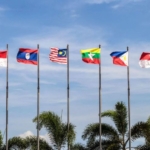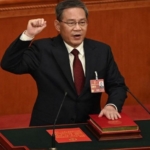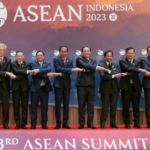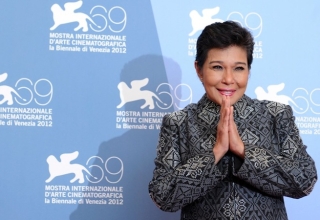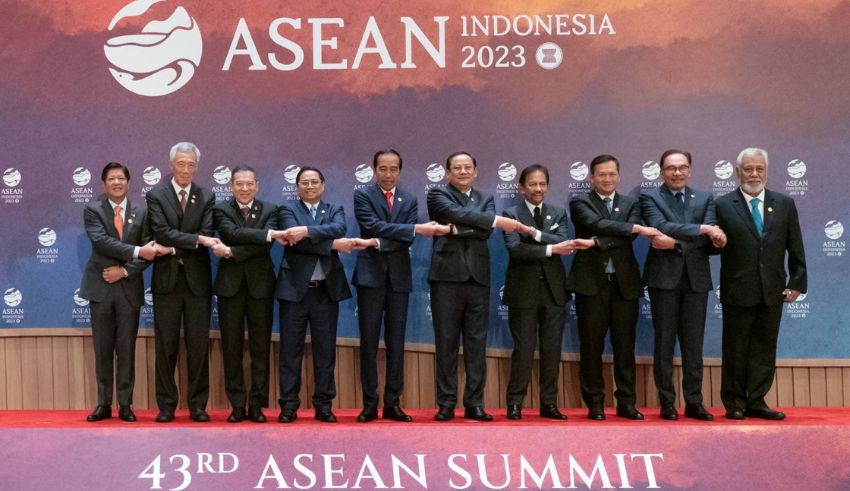
Indonesia is currently a hub of enhanced activity as the 10-member Association of Southeast Asian Nations (ASEAN) hold separate summits with big powers, including China, Japan, India, South Korea and the US – with an 18-member East Asia Summit commencing Thursday.
The string of meetings is expected to introduce regional issues and prominent rivalries such as the South China Sea, North Korean missiles and the Russian invasion of Ukraine to considerable attention. But the bloc intends to avoid becoming a proxy for big power competition.
Recounting Five Prominent Statements From Top Leaders
Avoiding A ‘New Cold War’
This year, President Xi Jinping sent Chinese Premier Li Qiang to Indonesia, with the latter on Wednesday stressing the need to “appropriately handle differences and disputes” while addressing an annual summit involving ASEAN members and China, Japan and South Korea.
“At present, it is very important to oppose taking sides, bloc confrontation and a new Cold War,” Li told the meeting. The remarks came against a backdrop of simmering geopolitical tensions and concerns over Beijing’s increasingly controversial activity in the disputed waterway.
Big Power Disputes At Fore
Amid persisting risk of ASEAN members getting dragged into major power disputes, Indonesian President Joko Widodo – in his opening remarks on Tuesday – stressed the bloc would continue to uphold equality and “has agreed not to become a proxy” for any power competition.
Keep Reading
‘The 21st Century Is Asia’s Century’
During his address at the summit, Indian Prime Minister Narendra Modi called ASEAN an epicentre of growth, adding the voice of the Global South must be strengthened. “The 21st century is Asia’s century. It is a century of all of us,” he mentioned.
ASEAN-UN Unity To Preserve World Peace
Addressing a bilateral meeting with UN Secretary-General Antonio Guterres on the sidelines of the summit on Thursday, Joko Widodo said: “Unity between ASEAN and UN is essential in preserving peace and solving crucial issues in the region, such as the Myanmar issue.”
“Enduring Commitment” To The Indo-Pacific
It is US Vice President Kamala Harris’s fourth trip to the Indo-Pacific since taking office. “The [US] has an enduring commitment to Southeast Asia and, more broadly, to the Indo-Pacific,” she added, highlighting the “historic bonds” they share with many of the nations in the region.
